Are you tired of hearing your children call you a “mean mommy” just because you set rules and stick to them? Studies show setting clear boundaries helps kids become respectful, healthy adults.
In this post, you’ll discover 12 practical secrets for using firm limits and tough love to build resilience in your child. Keep reading to turn your parenting struggles into powerful lessons.
Key Takeaways
Being a “mean mommy” isn’t about harshness—it’s about setting clear, loving limits to guide your kids.
Firm, simple rules help kids feel secure… and teach skills like self-control, respect, and smart choices.
Always stick to bedtime routines, chore schedules, and screen-time limits—the steadier you are, the stronger your kids become.
Stay firm but kind: Set rules, explain why, and show your kid you understand their feelings.
Science backs it up—kids with steady, fair parenting build stronger social skills, cope better with stress, and often appreciate their parents down the road.
Table of Contents
What Does It Mean to Be a “Mean Mommy”?
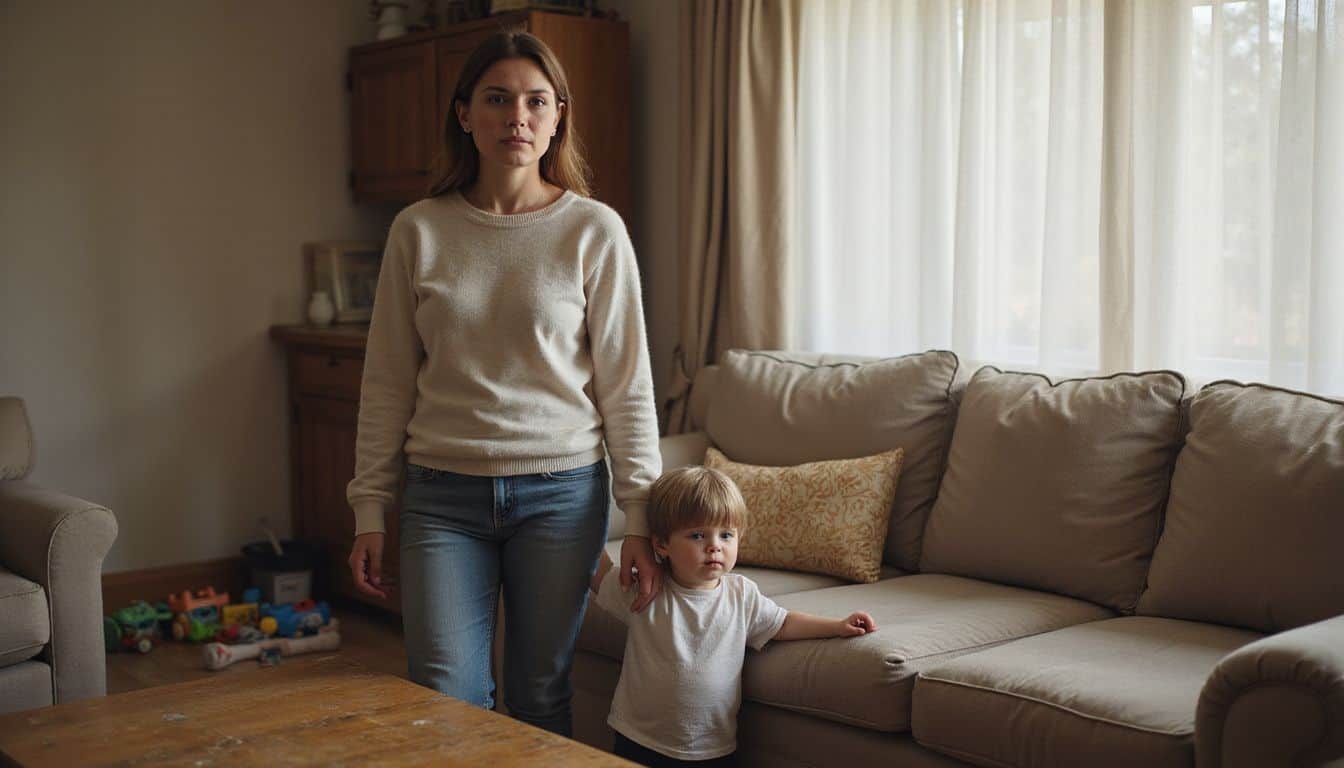
Now that we’ve covered the basics, let’s get clear about being a “Mean Mommy“. This doesn’t mean being harsh or cruel—far from it. It’s about loving your kids deeply, but holding firm on limits.
It means saying “no” to extra screen time, making them do those chores, and refusing to give in to every little plea at the checkout line. Joanne Kraft captures this idea well in her book, “The Mean Moms Guide to Raising Great Kids“.
Her method encourages parents to help kids handle frustration and accept disappointment, instead of sheltering them from life’s difficulties.
A real “Mean Mommy” mixes tough love with deep care for her child’s emotional health. She knows her kids may feel upset right now—but letting them manage their feelings builds skills they’ll use later as adults.
Acting as the steady caregiver who sticks to the rules helps create solid family bonds and healthy attachments. Sure, kids might groan or roll their eyes, but these parents are raising children with real resilience—the kind who can handle life’s ups and downs.
Lots of muscle mommy supporters follow the same ideas of building strength through clear and healthy limits.
The Difference Between Being Strict and Being Unkind

Understanding the difference between being a “Mean Mommy” and a strict but caring parent matters for family life. Strict parents set clear rules—but they show love and warmth too.
They put firm boundaries in place because they care deeply about their child’s well-being. Mary Gregory notes that unkind parents can become emotionally abusive or even neglectful.
And these two styles affect kids very differently.
Loving discipline builds resilience; harmful parenting causes pain.
A strict parent might refuse to buy a $200 pair of shoes on Amazon due to cost—but then clearly explain their decision. They often use real-life examples, like credit card receipts, to help kids learn smart money choices.
Strict moms also teach their kids how to deal with life’s everyday struggles and disappointments. They know kids need to understand why a rule exists—not just the rule itself. Harsh parenting hurts kids emotionally and physically.
The main caregiver’s attitude shapes a child’s ability to handle frustration or anger. Good caregivers provide firmness balanced with warmth, helping children handle tough moments without losing confidence or joy.
Why Boundaries Are Essential for Raising Resilient Kids
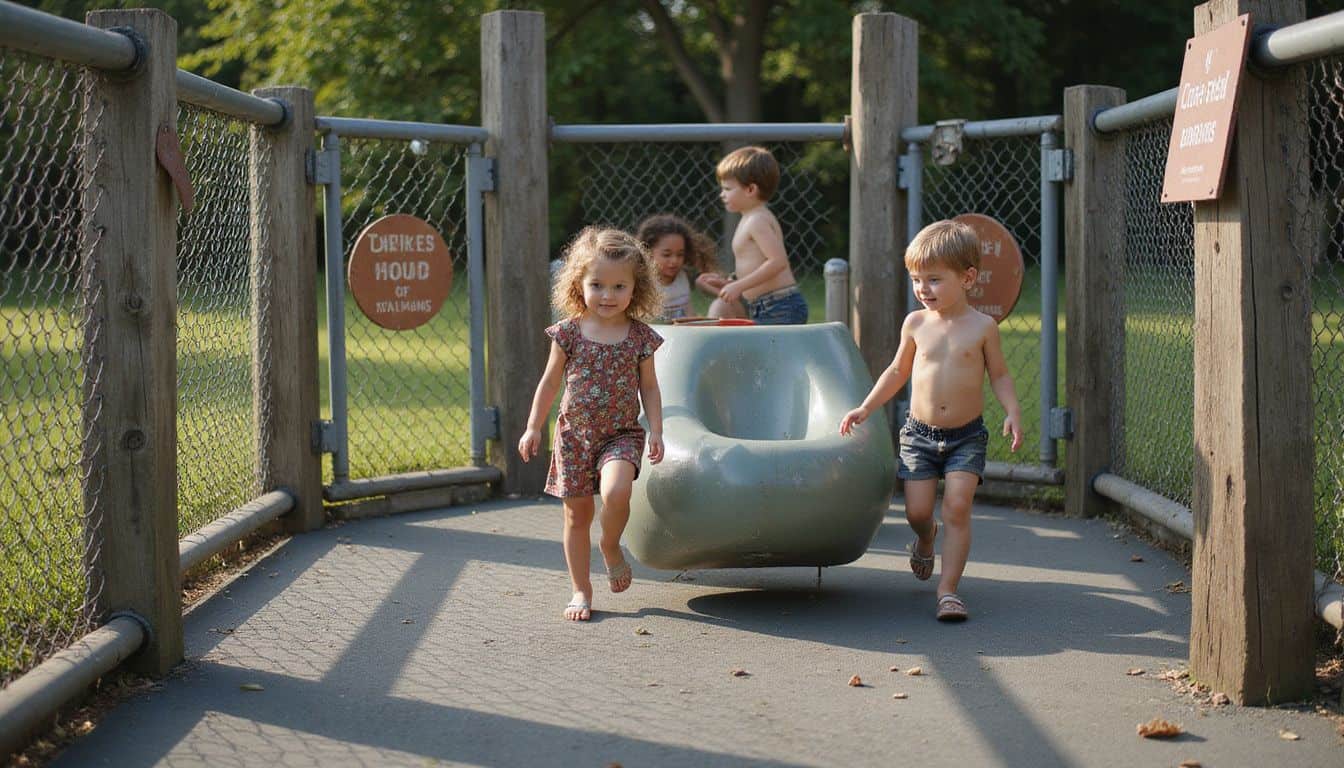
Kids feel safer with clear rules and limits. These boundaries guide your child through respect and care—not harsh discipline. They create a safe zone, helping kids tell right from wrong.
A few mommy bloggers I talked to noticed kids from families with firm guidelines handle stress better. Limits teach impulse control, reasoning, and thinking ahead.
These essential skills help kids make good choices as adults.
Your child’s brain continues growing until they’re about 25—especially the area that handles decisions. Setting firm guidelines early shapes their brain positively. The benefits last: more self-control, respect for personal space, smarter decisions.
https://www.youtube.com/watch?v=9lIpJ1O0ov0
Many caregivers spot clear improvements in their children’s well-being after sticking to consistent rules. Healthy boundaries boost emotional toughness and help kids recognize and avoid risky situations.
Here’s how tough love works in real life.
Teaching Life Lessons Through Tough Love

Tough love creates resilient kids. Growing up, my mom insisted I finish homework and chores before seeing friends—that taught me early to tackle responsibilities first. At 16, she banned me from wearing tight black pants… felt rough at the time, but sure kept me away from poor choices. Tough love means clear rules, with real consequences if broken—and kids quickly learn their choices matter.
Saying “no” helps children build coping skills to face life’s ups and downs. Erin Leigh notes that turning down extra social events lets kids concentrate on fewer but better friendships.
They learn early to value quality relationships over quantity. Parents who set firm limits early raise adults who respect healthy boundaries. Being the “mean mommy” can feel hard emotionally on both parent and child… yet it shapes how they interact as a family. Discipline has many forms beyond spanking your child.
The Emotional Impact of Being a “Mean Mommy”

Being called “the meanest mom in the world“—yeah, that stings. Lots of moms get flooded with doubt, guilt, and stress after holding firm on the rules. I heard, “Mom, you’re being so unfair!” at least twice last week—both times from taking away screen time.
Moments like these really test your strength as a parent. The emotional weight piles up, bit by bit, wearing you down. Moms everywhere wonder if they’re handling things the wrong way, or being too tough on their kids.
This mental tug-of-war plays out daily, in homes all across America.
I tell my kids I love them unconditionally, but loving them doesn’t mean I always agree with their choices.
But here’s the bright side…this emotional work does pay off. Putting clear limits in place helps kids to handle life’s ups and downs much better later on. Today’s kid complaints can turn into “thanks, mom!” a few years down the line.
Plenty of parents who’ve worn the “mean mom” badge say their grown children appreciate those tough rules later. Short-term friction from being the “bad guy” often builds stronger relationships overall—funny how that works.
Sure, your own health might take a hit from the stress now, but watching your kids grow up strong and capable makes it worthwhile. No parenting book or Amazon bestseller can prep you for the emotional side of raising tough but well-rounded kids—your instincts beat any book price, hands down.
Recognizing the Wrong Kind of “Mean” Parenting

Good “mean mommy” tactics balance love with healthy limits. But harmful “mean” parenting often comes from serious issues—like drug abuse, drinking problems, or violent home environments.
Mary Gregory notes that kids thrive physically and emotionally when parents show care and emotional sensitivity. Parents who didn’t receive enough maternal support themselves may have trouble forming stable, safe homes for their own kids.
The wrong type of strict parenting can damage children, rather than teaching useful coping skills.
For some moms, past emotional wounds make it tough to enforce clear rules. This lack of defined boundaries can harm a child’s sense of security. A main caregiver should clearly see the difference between firm guidance and damaging control.
Up next—we’ll look at ways to blend discipline and empathy naturally in your parenting style.
How to Balance Discipline and Empathy
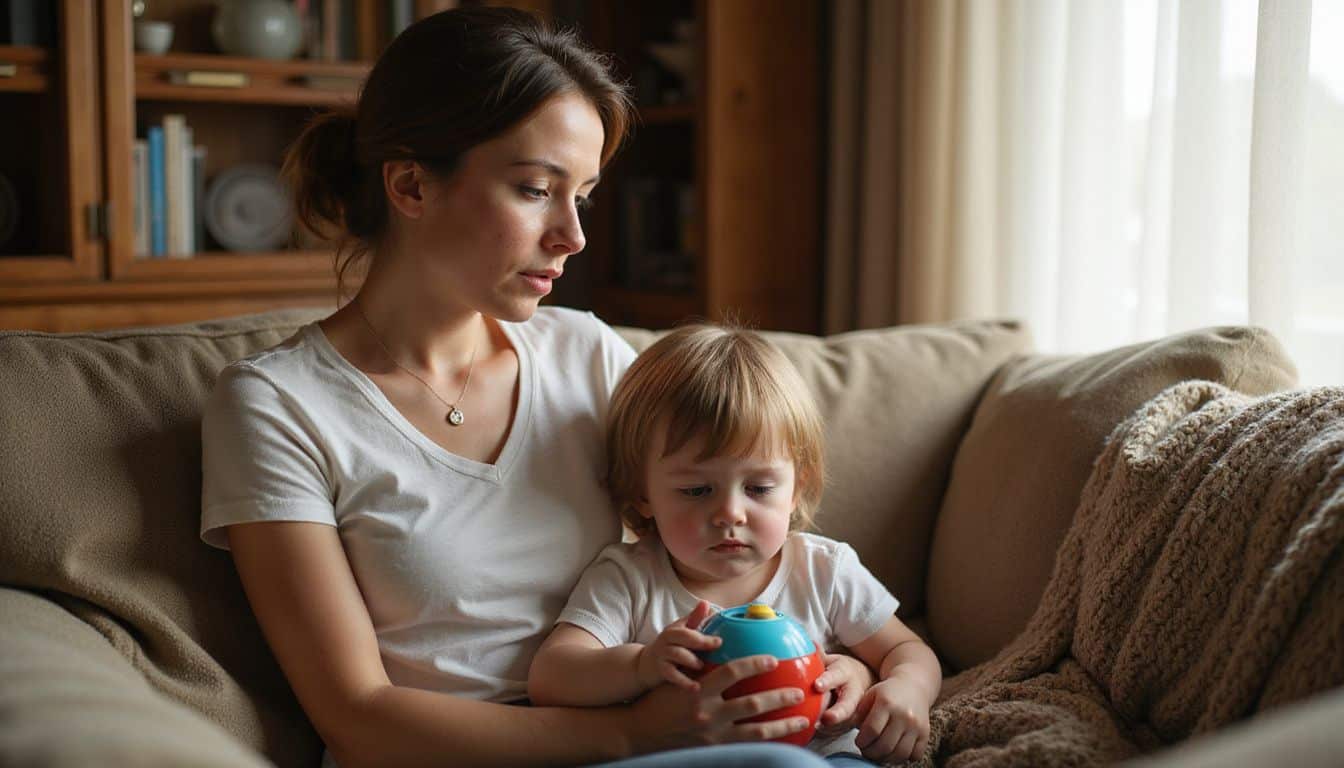
Kids do best with clear rules and kind support—it’s all about finding balance. Set firm boundaries, but also show you’re listening to their feelings. Like, instead of a quick “no”, you could say, “I see you’re upset about not getting that toy, but we already talked about our budget”.
Doing it this way builds family trust and helps kids understand limits, along with their own emotions.
Keeping your cool during tough moments sets a great example. A mom who stays calm while giving consequences teaches her kid how to handle strong feelings, too. This kind but firm approach helps protect kids emotionally and physically, avoiding the negative effects of harsher parenting styles.
Plenty of child development books back this idea up. Even online—like advice from child psychology specialists on Amazon—you’ll find many experts suggesting caregivers combine clear rules with compassion.
The Role of Consistency in Building Resilience

Children thrive with clear rules and steady limits. Moms who stick firmly to bedtimes, screen limits, and chores raise stronger, more confident children. A child’s brain loves routine—knowing what’s ahead helps them feel secure.
Regular schedules help establish healthier family interactions as well.
The American Academy of Pediatrics found that kids with steady routines handle stress better and sleep more soundly. Plus—they often have fewer conflicts at school and home. Author Joanne Kraft sums it up nicely: “I’m not raising a child.
I’m raising an adult”. Keeping this in mind makes it easier for moms to hold their ground—even on rough days.
Changing rules often can make children feel unsafe or unsure. The main caregiver needs to set clear boundaries—and stick with them. It doesn’t mean being tough or strict all the time, but it does mean being dependable.
Child development experts often say children test limits just to check how serious parents are. Staying consistent adds to your child’s confidence and strength over time.
Try choosing three solid rules for your home and stick to them no matter what—bedtime at 8:00 pm, one hour of screen time, or daily chores like setting the table. Your child will be healthier, calmer, and feel much safer when they clearly understand your expectations.
Encouraging Independence in Children

Kids benefit from learning to manage life tasks by themselves. Smart moms step aside—letting kids try new things, even if they mess up. Pouring milk might spill… tying shoes takes forever—but these little achievements build lasting confidence.
Family dynamics naturally change, as kids become more capable—and that’s actually great!
Setting clear boundaries makes a huge difference. Leigh, for example, leaves playdates early if her kids misbehave, teaching them consequences. It’s not being harsh—it’s simply getting them ready for real-life situations.
Even well-known parents handle this daily—like Jason Kelce, who regularly pauses podcast recordings for his son’s bathroom breaks. Your child’s health and well-being rely on developing problem-solving skills without constant help.
Next up, we’ll tackle the myths around being a “mean mommy”—because those need clearing up.
Debunking Myths About “Mean” Parenting
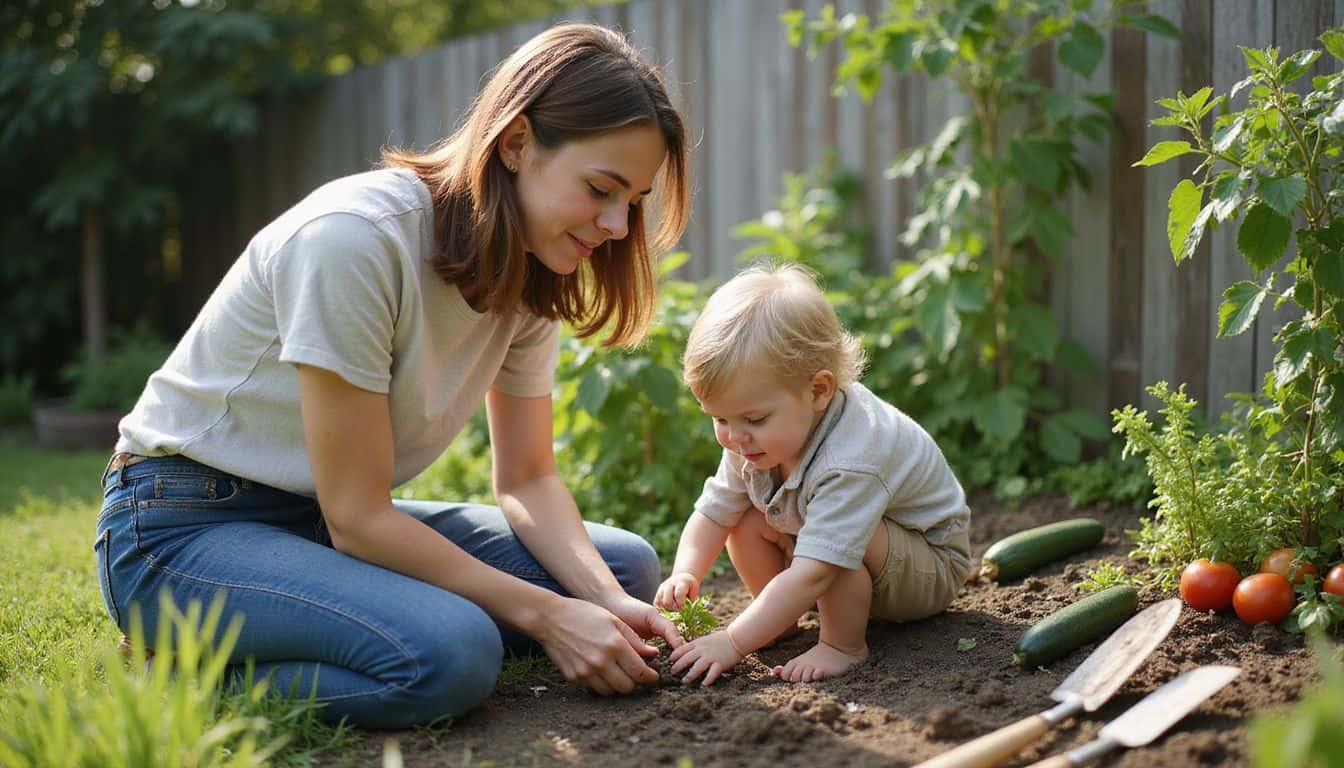
Lots of people assume “mean moms” don’t care enough about their children—but that’s just not true. Having clear rules doesn’t mean parents lack love—it actually shows they’re thinking ahead about their child’s future.
Being genuinely firm teaches kids how to handle life’s ups and downs, making them stronger and more resilient. The idea that strict parents somehow harm children ignores an important fact: clear boundaries help kids feel secure and confident.
Tough love is nothing like cruelty. A caregiver who says “no” to endless screen time, or insists their child cleans up their own mess, teaches key life lessons. Research highlighted in textbooks shows children with firm yet fair parents often have stronger social skills and healthier lifestyles.
Some parents worry about things like forcing your child to talk on the phone—but such small, manageable hurdles help build a child’s confidence and independence.
For parents curious about balanced, effective parenting habits, plenty of helpful books are easy to find on amazon.com.
Stories of Success: Resilient Kids Raised by “Mean Mommies”
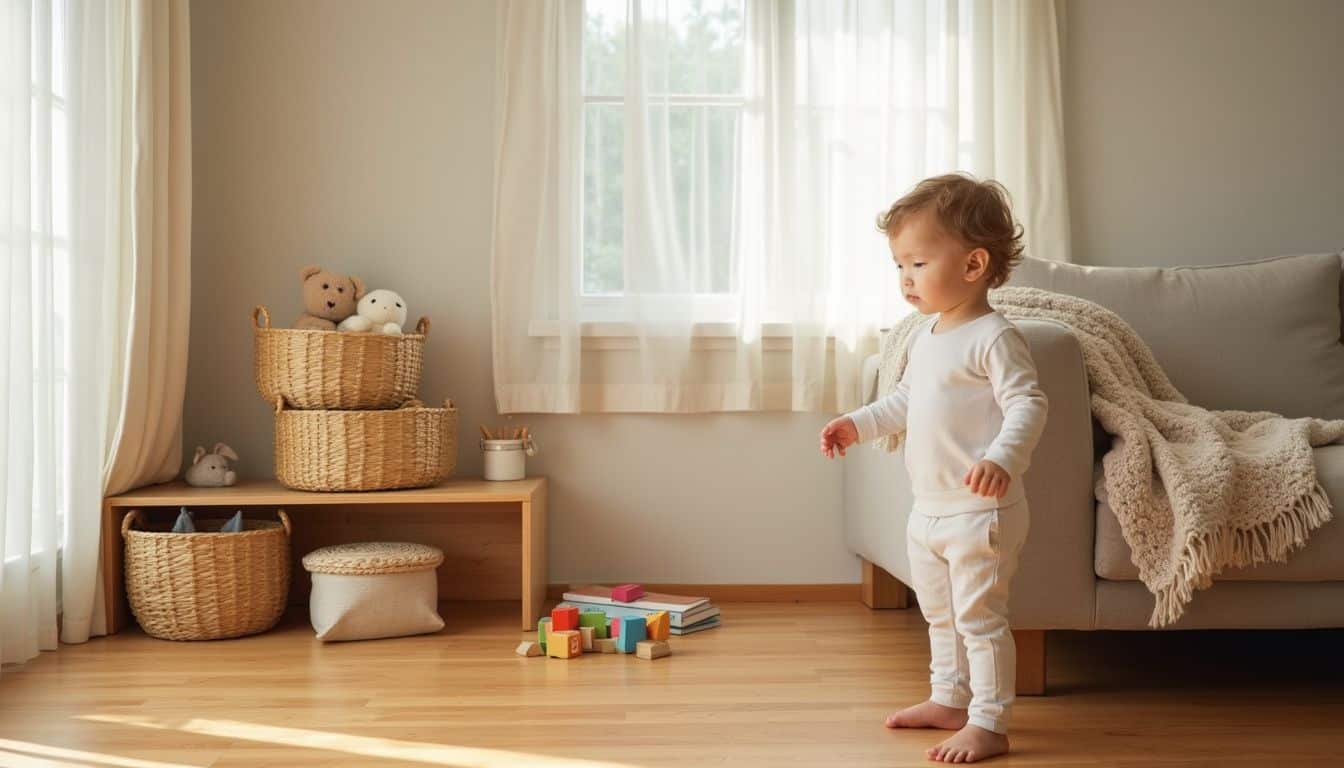
Real-life examples prove that a “mean mommy” approach can raise capable, confident adults. Setting firm boundaries helps kids build key life skills early on.
- Emma’s mom refused to let her quit an activity before the season ended, teaching her to stick to commitments. Emma now heads her own business and credits her persistence to this early lesson.
- Michael’s mother required him to work through his own problems rather than stepping in right away. Today, Michael is a successful crisis manager, relying on problem-solving abilities he first learned at home.
- Sarah grew up with strict rules about screen time. Because of this, she loved reading books and became a published author by the age of 22.
- Jason earned his spending cash by completing chores around the house. Those early money lessons helped him become responsible with finances, and he now works as a financial advisor.
- Kraft set clear rules on clothing choices for her son. At 17 years old, he demonstrated mature judgment—showing the values he gained from consistent boundaries.
- Tina’s mother required her to apologize in person whenever she made a mistake. This helped Tina gain emotional and social awareness, which now supports her job as a primary caregiver and therapist.
- Carlos started cooking dinner for the family one night each week at just 10 years old. This task taught him personal responsibility and independence. Today, he easily balances family life and work commitments.
- Mia was left to manage her own friendship disagreements. She built excellent skills for handling social problems, and now she teaches conflict resolution classes.
- David’s mom made sure he stayed physically active every single day. His fitness routines became lifelong habits, and he completed three marathons before he even turned 30.
- Lisa grew up budgeting carefully for her school supply needs. Those important financial lessons led her to adulthood without debt and with strong money habits.
- Alex was required to handle all school-related problems himself, without direct parental involvement. That taught him to speak up confidently—first in college, and now in his career.
- Jordan’s mom insisted on family dinners without phones at the table. Jordan developed strong family ties and maintains a healthy emotional outlook, despite social pressures.
How Will the Concept of “Mean Mommy” Evolve in 2025?
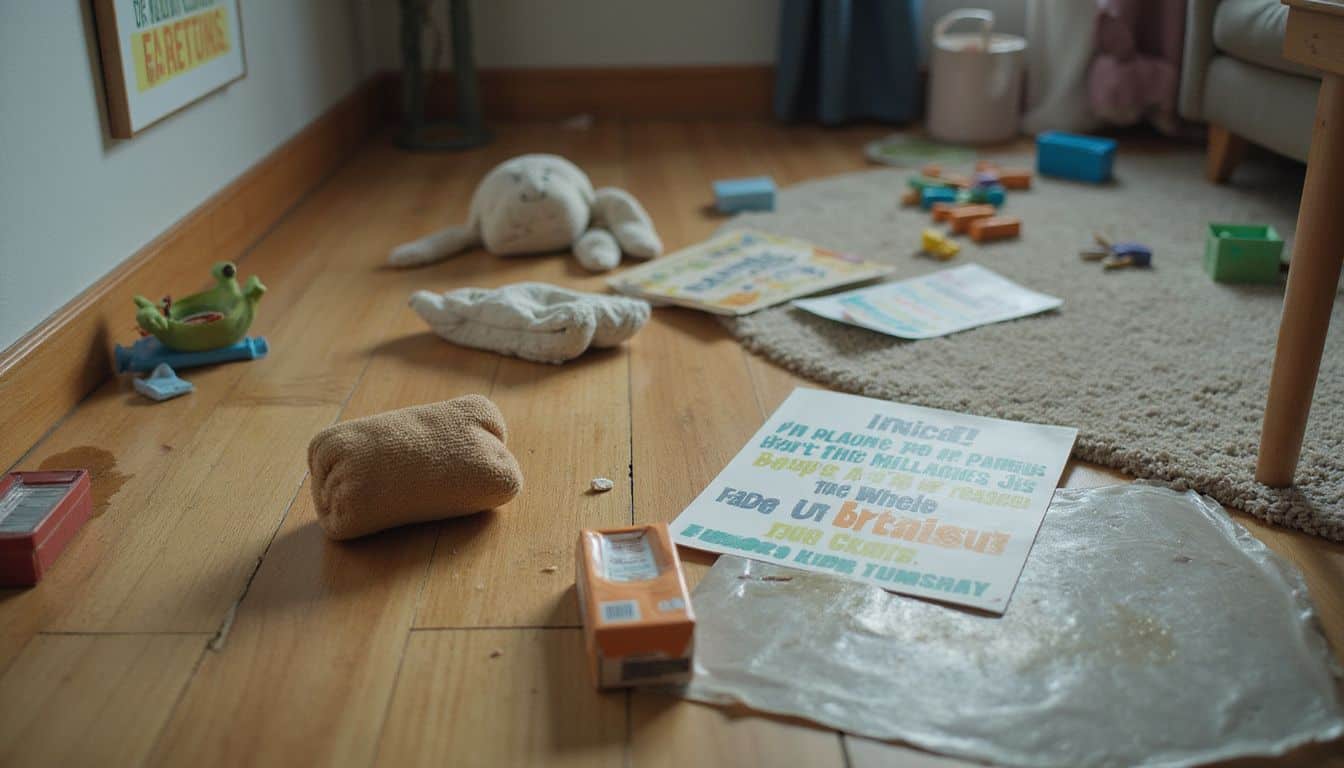
The “Mean Mommy” stereotype is set for a big change by 2025. More parents now skip harsh words and tough methods, choosing clear, loving limits instead. TikTok’s “Type C moms” show being firm doesn’t mean being unkind—adding honesty and openness to parent talks.
This change helps kids cope better, supporting both their physical health and emotional balance.
And it’s not just moms, either—dads and caregivers join the conversation about family rules. Instead of punishments, parents teach life skills by using steady, fair guidelines. Many now agree that limits aren’t harsh, they’re just needed.
While debate about the positive effects of being spanked as a child remains, most experts support firm, gentle guidance for stronger kids.
People Also Ask
What’s the idea behind “Mean Mommy Magic”?
Mean Mommy Magic is all about tough love and clear limits—helping kids cope by not fixing every problem for them. It’s not harsh, just firm. The idea is simple: kids grow stronger when they learn to handle challenges themselves.
How does being a “Mean Mommy” build resilience?
By stepping back and not jumping in to solve every problem, you’re teaching kids how to handle life’s bumps and bruises. Kids who learn this early get better at facing life’s ups and downs. It helps their mental strength in the long run.
Will my kids resent me for using “Mean Mommy” methods?
Kids might grumble about limits in the short term, sure—but deep down, clear rules help them feel safe. You’re their parent and guide first, not always their buddy.
What’s the difference between being “mean” and being cruel?
In this approach, being “mean” isn’t about hurting—it’s about firm, kind boundaries to build strength. Cruelty harms a child emotionally or physically, while thoughtful rules build confidence and healthy coping skills.
References
https://www.facebook.com/groups/838156319649444/posts/3062900790508308/
https://sapartners.org/Download_PDFS/virtual-library/464699/AnUnkindnessOfGhosts.pdf
https://nurturedfirst.com/toddler/setting-boundaries-guide/ (2024-10-28)
https://www.focusonthefamily.com/parenting/raising-healthy-resilient-kids/
https://www.cnbc.com/2024/10/23/why-tough-love-doesnt-raise-resilient-successful-kids-parenting-expert.html (2024-10-23)
https://podcasts.apple.com/de/podcast/the-stand-up-mom/id1767496858
https://afineparent.com/positive-parenting-faq/mean-girl-problem.html
https://thearkgroup.org/how-do-you-balance-discipline-and-empathy-in/
https://www.facebook.com/groups/1171713640884320/posts/1704200347635644/
https://boogerknights.tumblr.com/
